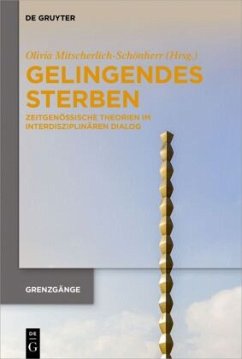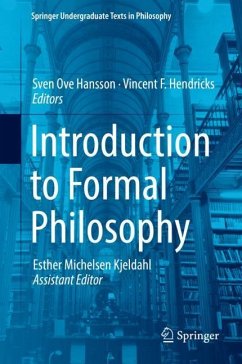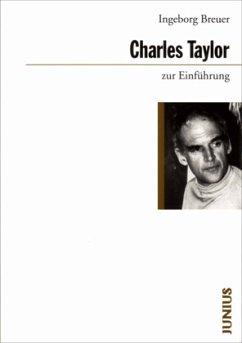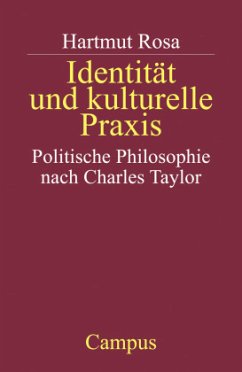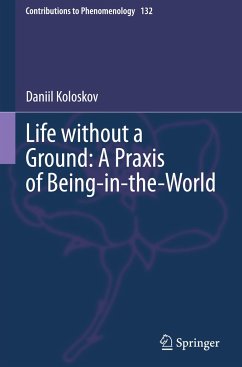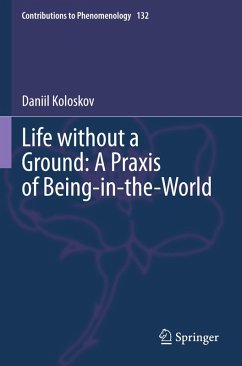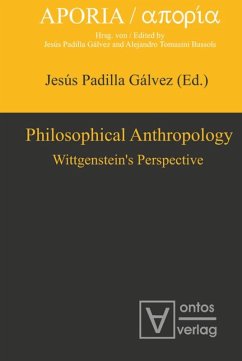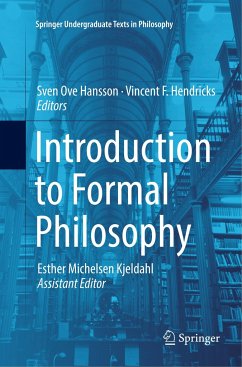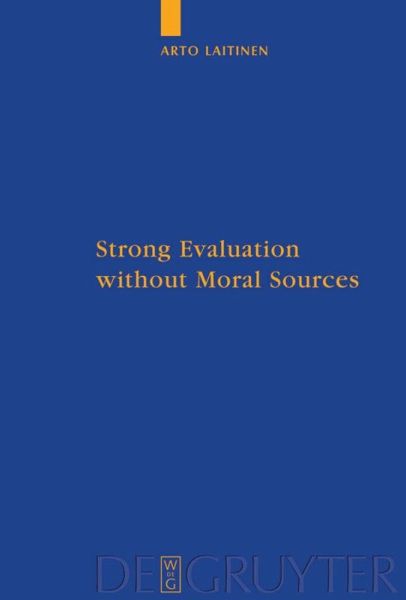
Strong Evaluation without Moral Sources
On Charles Taylor's Philosophical Anthropology and Ethics

PAYBACK Punkte
0 °P sammeln!
Charles Taylor (1931- ) is one of the leading living philosophers. This is the first extended study on the key notions of his views in philosophical anthropology and ethical theory. Firstly, Laitinen clarifies, qualifies and defends Taylor's thesis that transcendental arguments show that personal understandings concerning ethical and other values (so called "strong evaluation") is necessary, in different ways, for human agency, selfhood, identity and personhood. Secondly, Laitinen defends and develops in various ways Taylor's value realism. Finally, the book criticizes Taylor's view that it is...
Charles Taylor (1931- ) is one of the leading living philosophers. This is the first extended study on the key notions of his views in philosophical anthropology and ethical theory. Firstly, Laitinen clarifies, qualifies and defends Taylor's thesis that transcendental arguments show that personal understandings concerning ethical and other values (so called "strong evaluation") is necessary, in different ways, for human agency, selfhood, identity and personhood. Secondly, Laitinen defends and develops in various ways Taylor's value realism. Finally, the book criticizes Taylor's view that it is necessary to identify and locate a constitutive source of value, such as God, Nature or Human Reason. Taylor relies heavily on this claim in his accounts of moral life, modern identity and, most recently, secularisation. Laitinen argues that the whole notion of constitutive moral source should be dropped - Taylor's views concerning strong evaluation and value realism are distorted by the question of constitutive "moral sources".






